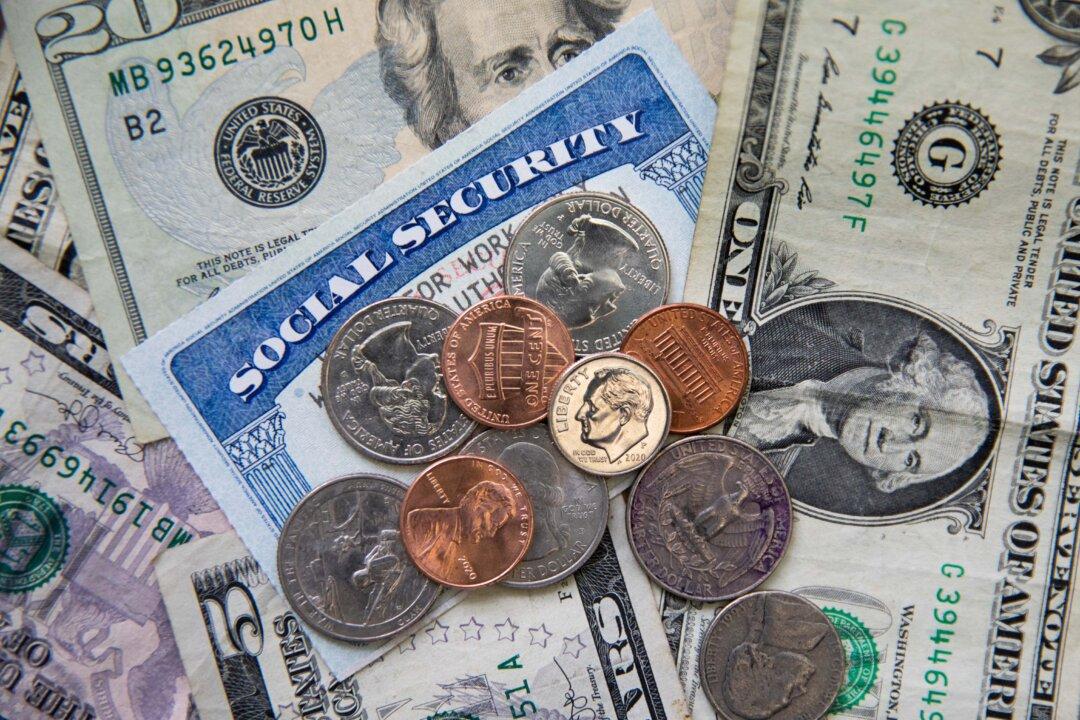While around 90 million Americans have already received their third-round stimulus checks, reports of delays for millions of others have prompted Democrat lawmakers to press the heads of the Internal Revenue Service (IRS) and Social Security Administration (SSA) to explain the holdup—and get the funds out faster.
“The people need their money now,” the House Ways and Means Committee wrote on Twitter.





